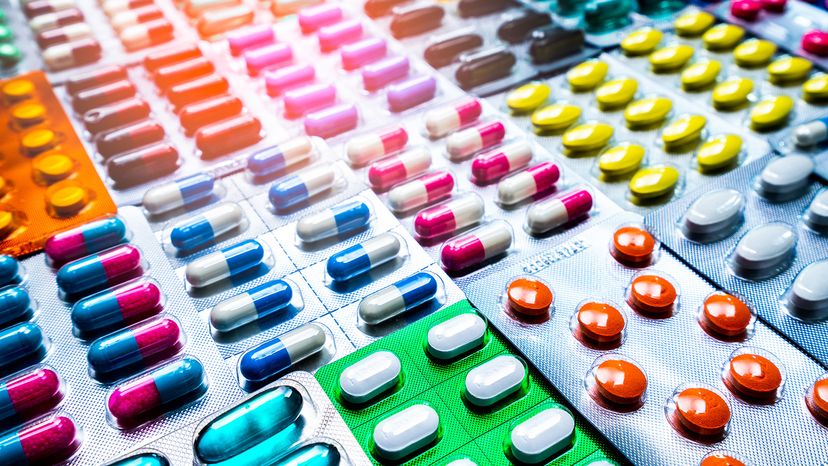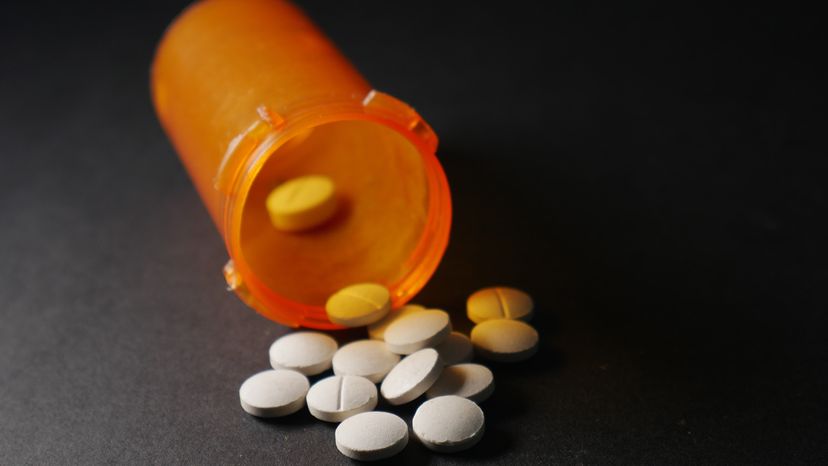
Drugs can heal, harm or alter how the body works, depending on the type and how they’re used. Some are essential medicines that relieve pain or treat mental health issues. Others are addictive substances tied to recreational drug use and drug abuse.
Here are 10 major types of drugs, from helpful to harmful.
Advertisement

